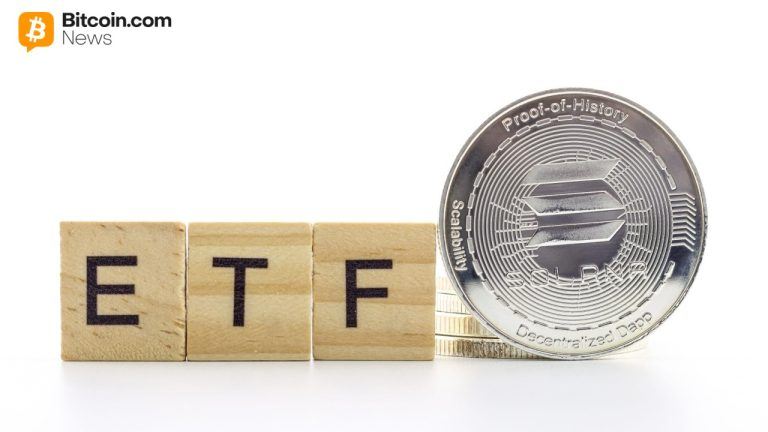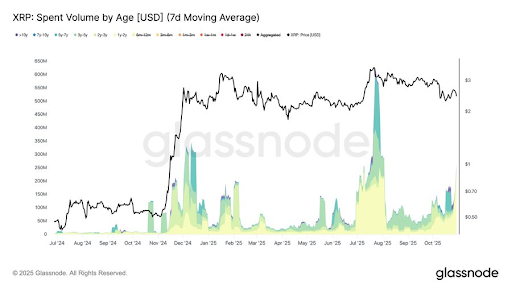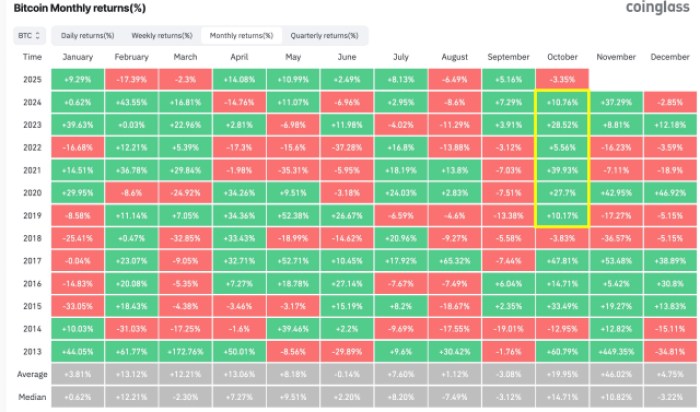Financial fraud and scams on social media have been rampant globally, and now the Securities and Exchange Commission (SEC) has taken its first action against such illegal activities. The regulator has announced it charged five entities and three individuals in connection with two relationship investment scams involving fake crypto asset trading platforms, NanoBit and CoinW6, respectively.
SEC Busts Pig Butchering Scams
According to the US regulator, the two companies solicited investors, gained their trust by lying, and then stole their money. Such scams are rampant and often referred to as “pig butchering.”
“Relationship investment scams, including those involving crypto-asset investments, pose a risk of catastrophic harm to retail investors, and the threat is increasing rapidly as these scams become more popular with fraudsters,” said Gurbir Grewal, Director of the SEC’s Division of Enforcement.
In its complaint against NanoBit, the regulator revealed that from about October 2023 until June 2024, the defendants impersonated financial industry professionals in WhatsApp groups to build investors’ trust. Then, they solicited their investment through NanoBit, which they falsely promoted as an affiliate to a regulated platform.
Furthermore, the alleged perpetrators even promoted a “fake” initial coin offering, promising substantial returns. However, the regulator alleged that the NanoBit platform was fake and accepted $2 million from investors, which was transferred to bank accounts in Hong Kong. The allegations also include the misappropriation of hundreds of thousands of dollars worth of investors’ crypto assets.
Today we charged multiple entities and individuals in connection with two relationship investment scams involving fake crypto asset trading platforms NanoBit and CoinW6, respectively. https://t.co/TSNv0X8aN8 pic.twitter.com/cSPhTQt3Aj
— U.S. Securities and Exchange Commission (@SECGov) September 17, 2024
Gaining Trust Before Scamming
CoinW6, according to the SEC, operated between July 2022 and December 2023. Its participants disguised themselves as “young, wealthy professionals” and approached prospective investors on LinkedIn and Instagram. They also pursued romantic relationships over WhatsApp. The scheme participants first gained the trust of the potential alleged victims and then pitched them “up to a three percent return per day” from crypto staking, mining, and yield farming.
The scammers, as per the regulator’s allegations, demanded additional payments from the investors at the time of withdrawals, claiming the assets were frozen as part of a law enforcement inquiry or even blackmailed them using compromising romantic chats.
“In these two cases, we allege that fraudsters created fake crypto ecosystems that displayed false information to investors,” Grewal added.
This article was written by Arnab Shome at www.financemagnates.com.
You can get bonuses upto $100 FREE BONUS when you:
💰 Install these recommended apps:
💲 SocialGood - 100% Crypto Back on Everyday Shopping
💲 xPortal - The DeFi For The Next Billion
💲 CryptoTab Browser - Lightweight, fast, and ready to mine!
💰 Register on these recommended exchanges:
🟡 Binance🟡 Bitfinex🟡 Bitmart🟡 Bittrex🟡 Bitget
🟡 CoinEx🟡 Crypto.com🟡 Gate.io🟡 Huobi🟡 Kucoin.


















Comments